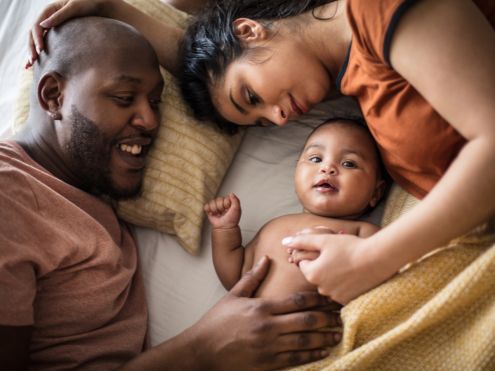Truth will set you free
Asking our peers to accept us for who we really are — warts and all — can be difficult and traumatic, says David Servan-Schreiber, but it might just lead to genuine happiness

Sophie is unhappy with her husband, but won’t risk talking to him about it; it’s easier just to behave as if everything’s fine. Jack knows that the factory waste he disposes of at work is toxic, but he will do anything in his power to stop others finding out, even if it puts him in a difficult position. For the past 15 years, Michelle has been hiding the fact that her father is in prison; she is worried that it wouldn’t go down well with her circle of friends. Denise is a doctor and a media commentator; she has had cancer for the past two years but doesn’t want anyone to know about it, so she goes for her treatment in secret.
One of the most stressful things for an animal in captivity is to find itself in a new cage with a new group, where it must establish a new social position from scratch. And humans aren’t so very different. We, too, struggle to establish our position in the hierarchy and, once there, we don’t want to risk losing it.
Even if we find our place in the pecking order no longer fits with our values and aspirations, and suffer as a result, it can be incredibly difficult to free ourselves, to stop conforming to what we believe others expect of us.
Centuries ago, Aristotle talked about the process of ‘self-determination’. For him, each human being was like a seed that must grow into a unique plant. Each human, therefore, must go through a process of growth and strive to achieve all that his or her potential will permit.
Some 2,500 years later, Abraham Maslow, the humanist psychologist and founder of the personal development movement in the 1960s, studied people who were happier than others. He concluded, like Aristotle, that they were more in touch with their inner selves, and that they had greater self-knowledge than other people.
By accepting themselves as they were, they were able to accept others. Recently, Professor Cole of the University of California proved that our bodies, too, benefit when we accept ourselves the way we are.
He studied more than 200 homosexual men over a period of five years. At the end of the study, he found that the incidence of cancer and other serious diseases was three times higher among those who had chosen to hide their sexuality.
Several other studies have concluded that if we are to function at our best, benefiting from a healthy immune system, we need to feel that we are being true to ourselves, that we are being ‘authentic’, even if we risk the disapproval of our peers. We all live our lives behind masks to some extent, some more carefully constructed than others. But developing the courage to be yourself is one of life’s most important processes. One that is, we now know, crucial to our health. It is up to each of us to live up to the challenge our bodies have set for us.









